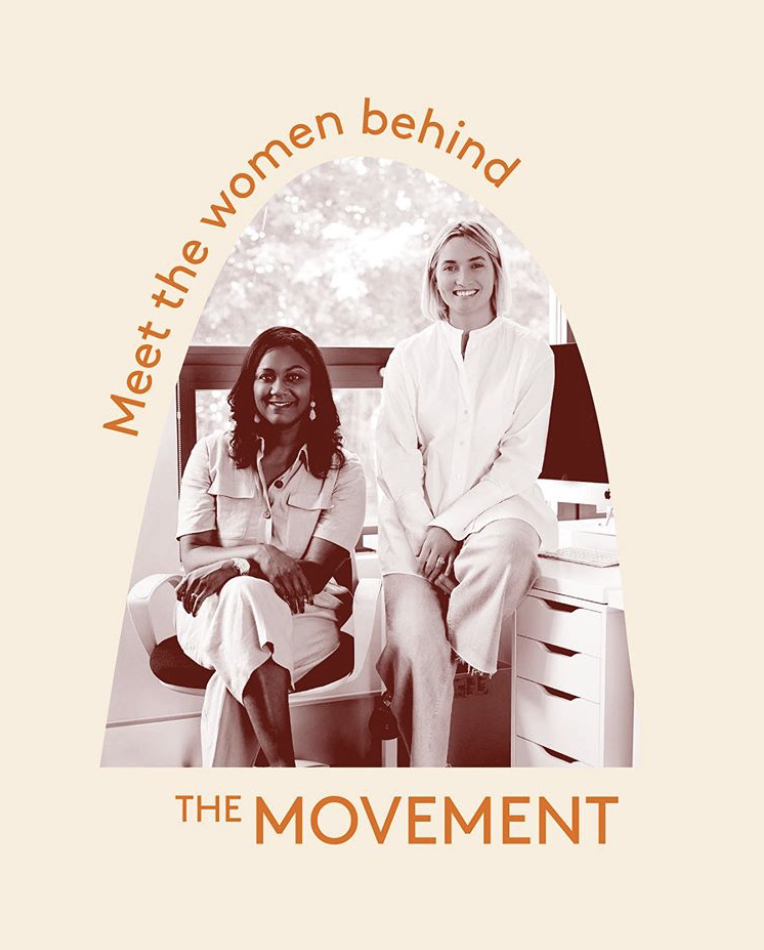How Brands are Stepping up
The world stood still as footage of George Floyd's senseless murder was shared and played repeatedly causing a debate on the treatment of Black people across the board. In response, brands crafted social media posts promising to support the Black community through workshops, sharing circles and tackling internal diversity issues. Individuals have also made contributions with Marcus Rashford’s campaign to reduce child food poverty resulted in 1.3 million children in England having access to claim free school meal vouchers during the summer holiday. Rashford's efforts show how powerful ideas for change can be when action beyond a post on social media is pursued.
Four months later, we asked one of our copywriters Shaneika Simms to look to see who has put their money into action, and we've found 6 brands who genuinely support the black community through action.
United in Design
Sophie Ashby of Studio Ashby admitted that her studio lack diversity and committed to #AmplifyMelanatedVoices and looking into their recruitment strategy. A month later, Sophie announced her partnership with Dauley Design with the creation of United In Design, a charitable organisation and platform which addresses the lack of diversity in the interior design industry. Their focus will be on building partnerships with established professionals, educational programmes and sponsors to give low socio-economic and BAME candidates support in their interior design career.
Silence is NOT an Option
Ben And Jerry’s have used their social presence to be unapologetic about the need to “dismantle white supremacy” and started educating their audiences on how to support the Black community beyond liking social media post. In September 2019 Ben and Jerry’s released their limited batch flavour Justice ReMix'd ™ which will benefit the Advancement Project, a non-profit national civil rights organisation who work with local grassroots activists to fight for racial equity and put an end to systemic racism. Images below: Ben and Jerry’s new flavour - Justice Remix’d and a social post from the Advancement Project.
Mentoring In The Fashion Industry
To address the lack of balance of representation in the fashion industry, Mentoring Matters works to give BAME candidates who are 18+ advice, insight and mentoring globally through 1 on 1 video call sessions. The sessions are designed to encourage mentees to build an understanding of the wider industry.
The Diversity and Inclusion Steering Committee in the BFC
Caroline Rush, chief executive of the British Fashion Council, shared that focus will be put towards how BFC can tackle racism and provide a better representation of the BAME community. An action plan has been shared which sees June Sarpong, Scott Morrison and Jamie Gill added to the Executive Board as non-executive members to aid the creation of the Diversity & Inclusion Steering committee, formed to fight prejudice and galvanise the industry. This will be further supported by fortnightly calls with over 200 invited members of the BAME fashion community to address challenges and work on solutions and next steps. At the same time, the newly-formed Diversity & Inclusion Internal Working Group will make sure the Diversity and Inclusion plans move forward with a one-year strategy plan. This builds the framework for BFC to support fashion businesses of all sizes and develop resources gives acknowledge the influence Black culture has had on the fashion industry.
Black Womxn Art in the Kensington and Chelsea Art Week
The Kensington and Chelsea Art Week announced this year's mural will be used to support Black womxn artists seeing the collaboration of Black Blossoms founder Bolanle Tajudeen as curator. Tajudeen selected artists Linett Kamala and Azarra Amoy who will have their work displayed on Freston Road during the first week of October.
Mural featuring work from black womxn artists
Left to Right: Azarra Amoy, Linett Kamala, Bolanle Tajudeen
Check Your Privilege and The Body Shop Sharing Important Resources
Check Your Privilege highlighted the work The Body Shop is doing in response to the racist reactions to the murder of George Floyd. The Body Shop invited their audience to "get uncomfortable" by confronting their own biases, sharing that they will be listening to conversations led by their own BAME community. This effort continued as their audience shared resources such as Me and White Supremacy by Layla Saad, films (13th by Ava DuVernay on Netflix) and charitable organisations (Black Minds Matter) with a reminder to continue the discussion of racism and injustice on and off-screen. Body Shop North America have donated $25,000 to Black Lives Matter. More recently, they’ve pledged to Plan International UK and their Girls Shout Out project providing girls a safe space online, where they can have their voices heard and discuss the issues that matter to them.
Black Minds Matter
BAFTAs Removing Unconscious Bias From Film Awards
BAFTA members will take part in unconscious bias training, requiring them to watch videos alerting them to the “unconscious bias” they bring to their selections. They will also be required to watch a broader range of films before voting as part of various changes designed to address the lack of diversity at the BAFTA awards. Voters will be shown pictures of actors instead of just their names. This is intended to encourage nominations for less well-known actors such as Song Kang-ho, male lead in the Oscar-winning Korean film, Parasite. Prince William, president of the academy, said change was urgently needed after all 20 nominees for the acting categories were white and the best director nominees were all male.


















